Green Kale Detox Soup
Ali Segersten Jan 08, 2017 7 comments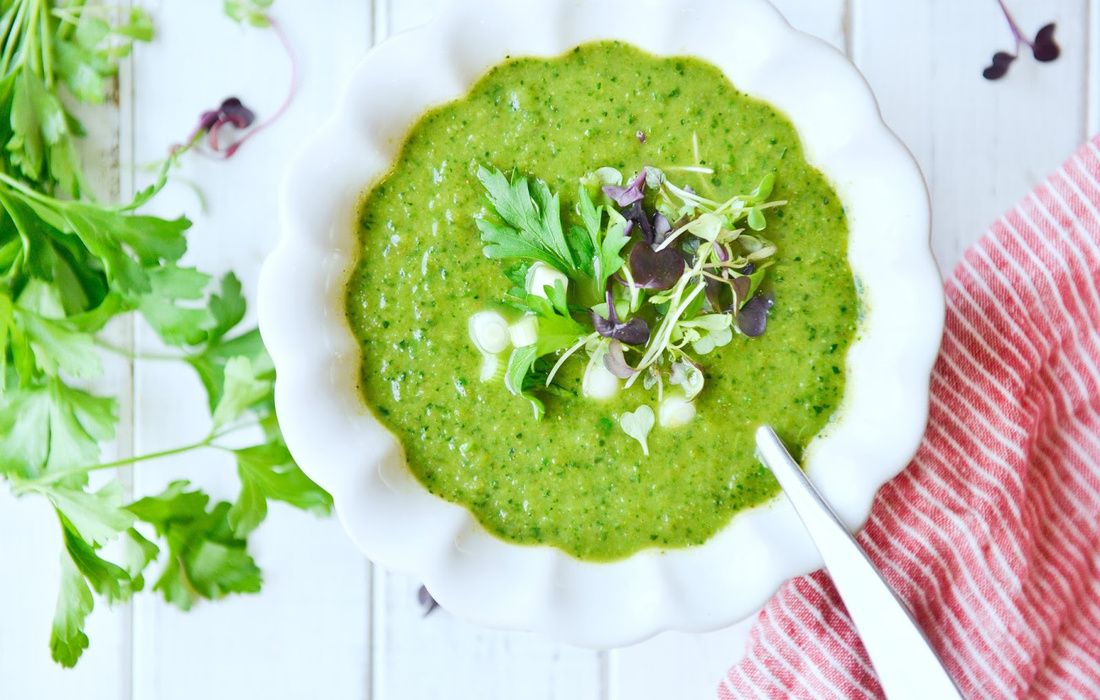
This flavorful green soup uses simple ingredients to create a nourishing meal that can help support natural detoxification. It is designed for Phase 1 of the Elimination Diet, but of course is a wonderful addition to your weekly meal planning even if you are not on the elimination diet! I chose ingredients for this recipe that are easy to digest and are naturally anti-inflammatory. Perfect if you feel that your body needs a break from some of the heavier foods of winter.
As we turn the corner into a new year, new resolutions, new diets, and new commitments to health inevitably echo around the blogosphere. While I believe it is a wonderful thing to try something new, I think it is only helpful if you enter into your diet or exercise regimen with the goal of learning more about yourself. This is because nobody is more of a guru on your own health than you! I know this might sound hypocritical in a blog post about a Green Kale Detox Soup recipe for the Elimination Diet so let me explain.
The Elimination Diet is not a diet that tells you what is good for you and what is not. It is a process that helps you discover what foods work best for you.
We are all unique. There is no one way of eating or one perfect diet that is right for everyone. Even Hippocrates noticed this well over 2000 years ago.
He said: “For cheese does not prove equally injurious to all men, for there are some who can take it to satiety, without being hurt by it in the least, but, on the contrary, it is wonderful what strength it imparts to those it agrees with; but there are some who do not bear it well, their constitutions are different, they differ in this respect, that what in their body is incompatible with cheese, is roused and put in commotion by such a thing; and those in whose bodies such a humor happens to prevail in greater quantity and intensity, are likely to suffer the more from it. But if the thing had been pernicious to the whole nature of man, it would have hurt all.”
What he meant by this is that some foods can make people strong and healthy while the same foods could make others weak and sick. This is as true today as it was then.
There really are no bad foods. Only foods that work well with your body and those that don't. Finding the foods that satisfy your body, soul, and taste buds is part of deepening the connection with yourself. It is part of listening to your inner wisdom. You can do this through the process of the elimination diet. And you can do this through the process of asking questions. Or both.
What can I do to have more energy? Clearer thinking? A strong digestive system? What can I do to heal my health condition?
If you listen—really listen—the answers will come to you. This takes getting into a parasympathetic state. A state where your nervous system is not in flight or fight, rather rest and digest. The answers will come to you when you are most relaxed. Maybe on a hike, in the shower, as you are going to bed, or breastfeeding your baby.
Sometimes it can be hard to access that all-knowing part of you. Sometimes your body is out of balance and you might be listening only to what your brain is telling you. "Give me a donut!" "Give me a grilled cheese sandwich" "I'm craving pizza!" "I can't go an evening without a drink [of alcohol]!" If you are on the carb/junk food roller coaster then it can be very difficult to access the voices of your body and gut—that innate gut wisdom that tells you what you can do to supercharge your body. This is where detoxes and elimination diets come in. They remove the clutter so you can have a clear signal to your inner wisdom. You'll know when the path is clear when you start craving a plate of sautéed kale, or the thought of a small steak and a large fennel-cabbage salad sounds grounding and energizing, or perhaps when a simple bowl of brown rice, beans, and avocado sounds comforting and nourishing.
This is deep listening. It is a process of nurturing ourselves that is constantly growing and evolving.
The Elimination Diet is not just about eliminating and reintroducing foods, it is about ramping up detoxification so your body can work more efficiently. It is about getting your digestive system back into tip-top shape. Let's make sure you have enough stomach acid so you are breaking down your food, signaling your body to absorb key nutrients, and triggering your pancreas to release digestive enzymes. Let's make sure you are deeply nourishing yourself with the foods rich in nutrients that calm down inflammation so your immune system is not overreacting. It's functional medicine 101!
We have an Elimination Diet book and more information about the Elimination Diet here if you would like to dive deeper. If not, then you always have the all-knowing part of yourself that you can talk with daily. Just ask a question and listen for the answer. Maybe this nourishing green detox soup recipe will resonate with you.
PS: The information in this post should not be used to replace the help of a trained Functional Medicine practitioner, functional lab testing, or a prescribed supplement regimen. Intuitive eating, deep listening, and the help of a trained professional can all work in conjunction with each other to help elevate your health and wellness to the next level.
✨ Need more support on your Elimination Diet journey?
With a Nourishing Meals® membership, you can select your specific elimination diet during setup and instantly unlock hundreds of healing recipes, curated meal plans, and powerful meal planning tools to guide you through every phase.
No more second-guessing if a recipe is safe. Just clear, delicious meals designed to help you feel better—faster.
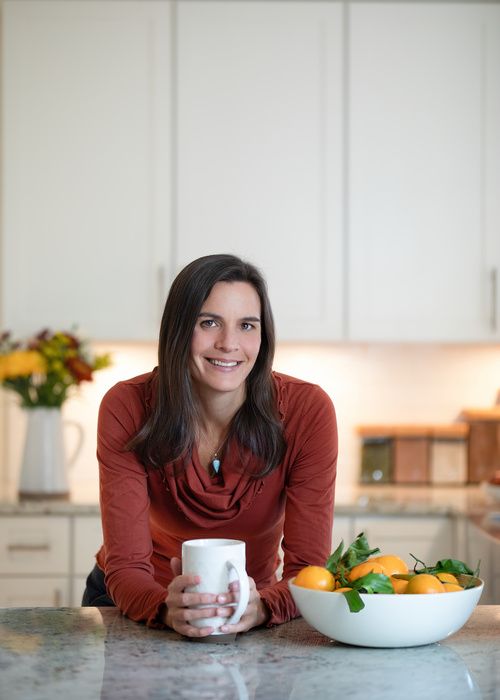
About the Author
Alissa Segersten, MS, CN
Alissa Segersten, MS, CN, is the founder of Nourishing Meals®, an online meal-planning membership with over 1,800 nourishing recipes and tools to support dietary change and better health. As a functional nutritionist, professional recipe developer, and author of The Whole Life Nutrition Cookbook, Nourishing Meals, and co-author of The Elimination Diet, she helps people overcome health challenges through food. A mother of five, Alissa understands the importance of creating nutrient-dense meals for the whole family. Rooted in science and deep nourishment, her work makes healthy eating accessible, empowering thousands to transform their well-being through food.Nourishing Meals Newsletter
Email updates.
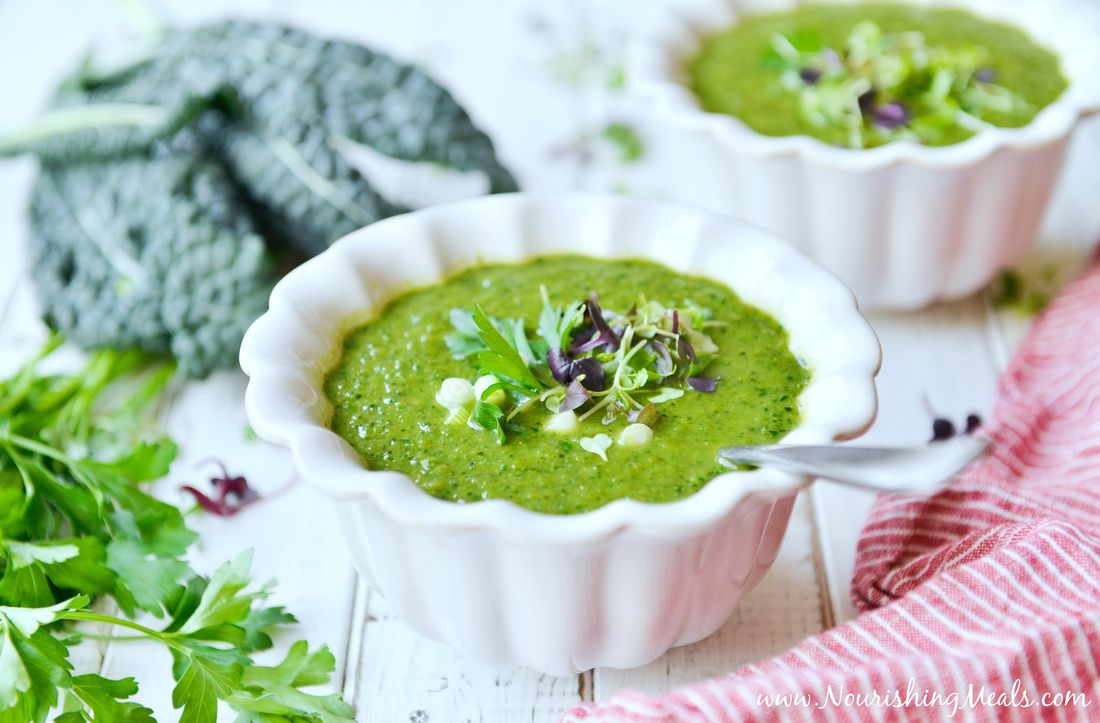

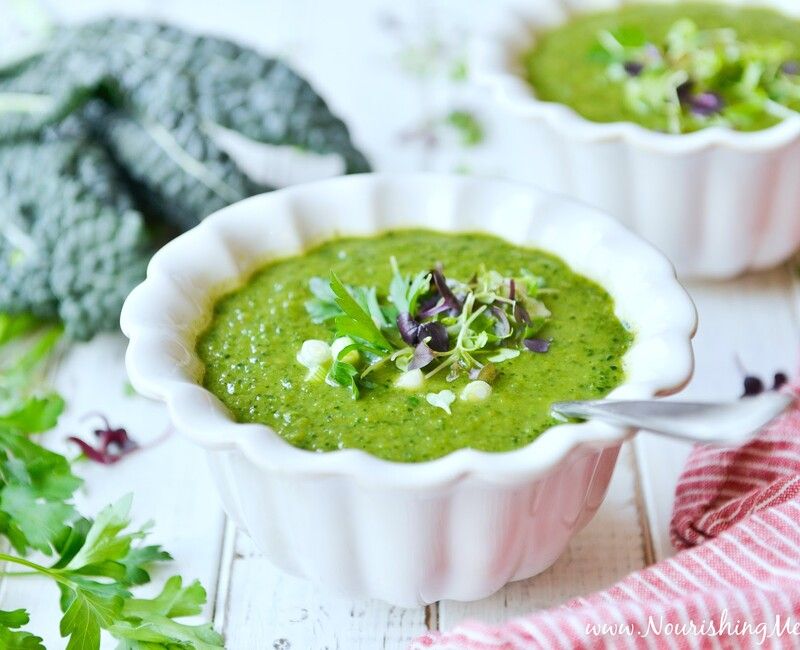

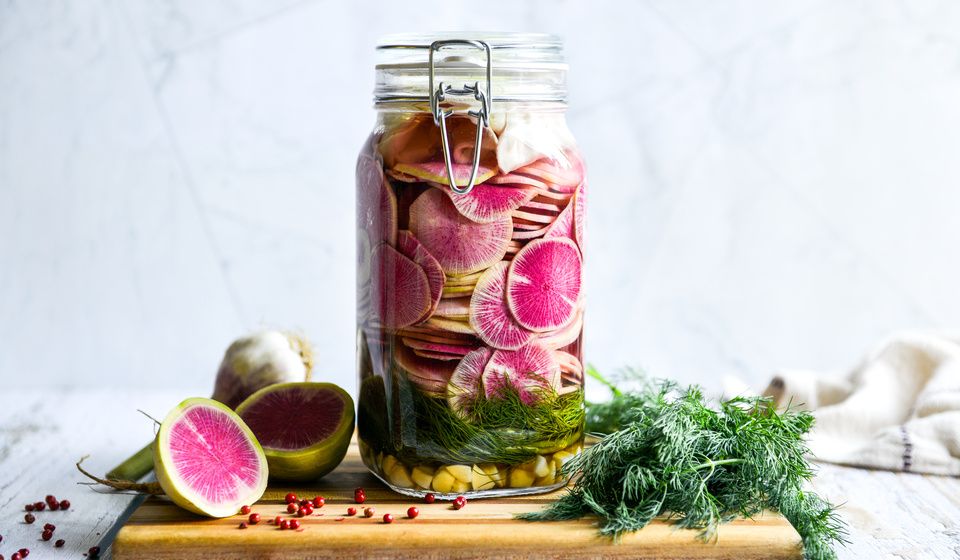
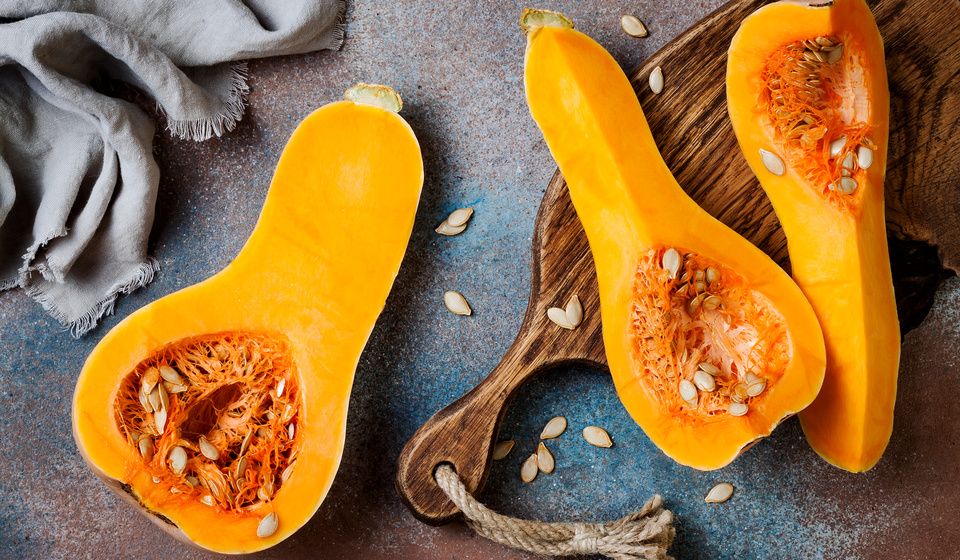
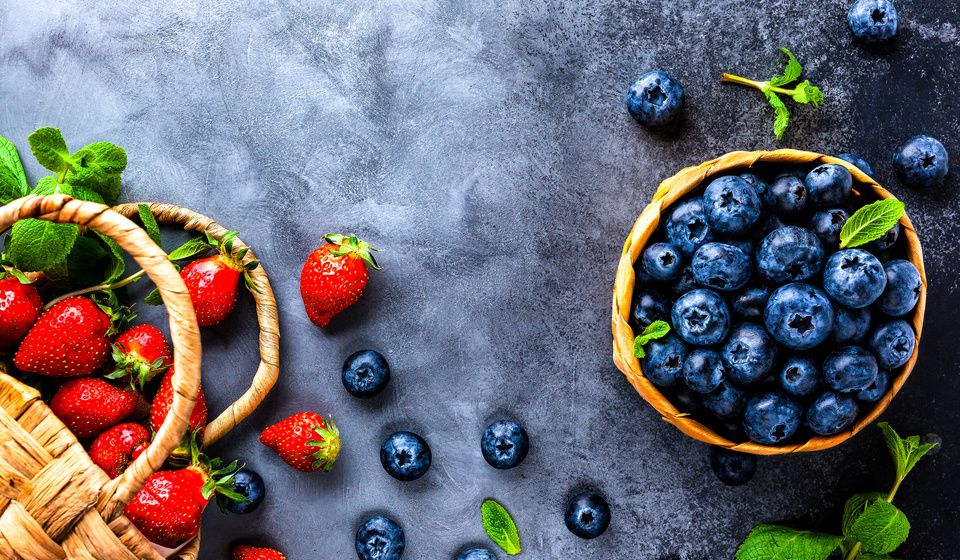
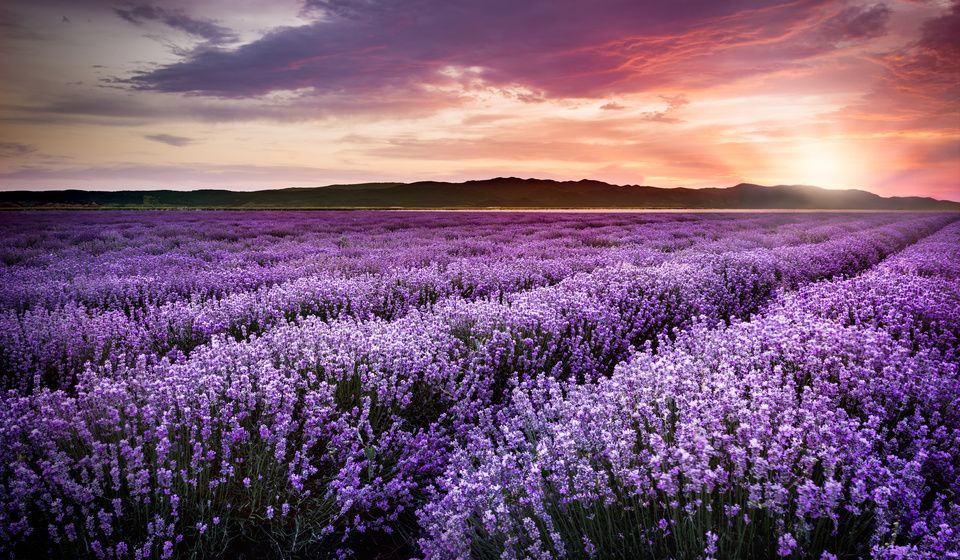
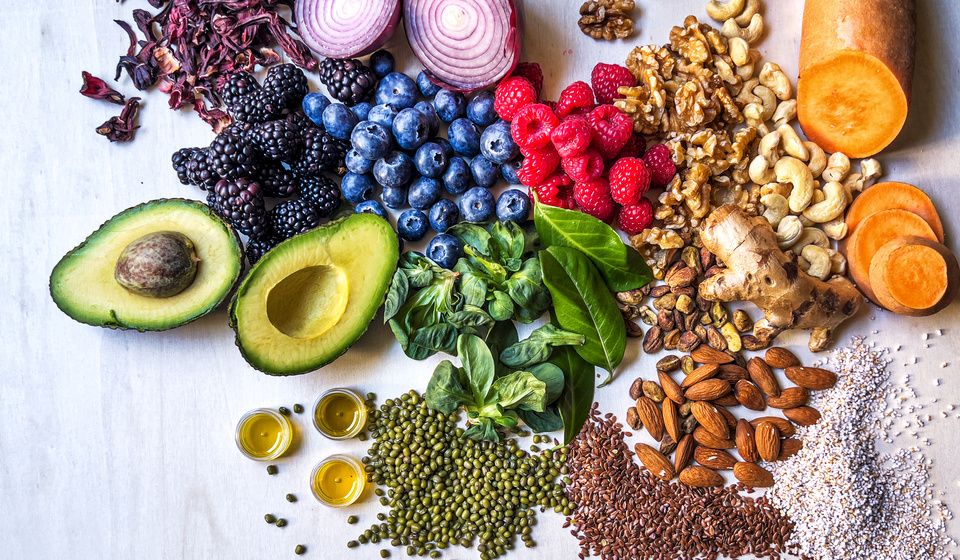
Add Comment
Comments
Hi Jens,
Hope you enjoy! :)
Hi Chandra,
You can use asparagus in place of the zucchini.....or white sweet potatoes. :)
Hi Jennifer,
So true! I actually had another big paragraph woven into the blog post about whole foods, and this very topic....but it was just getting too long so I began cutting out sections. :) It is tricky, because the processed foods you mentioned above are not food in my mind. But most people on this blog I think know this. The crowd I was speaking to in my message sometimes has a lot of ideas around certain whole foods being bad or good....like grains, meat, raw foods vs cooked foods, etc. This whole topic is so important! Thank you for your comments. :)
Thank you!
I love your passion here and I just want to add that what you speak of is not "food". If it comes in a box or package, I believe many people understand what is food and what isn't., then again my scope could be smaller than I think. I love this and there's a philosophy that a food can either act on the body like a medicine or a poison and it depends on each individual's body chemistry. If a person lands here, chances are they aren't going to confuse processed and refined conventional foods with real food. At least we hope so, and I do value your point though that many people still miss the understanding but I think are coming around more and more. :)
Through blood IGG testing, I found I have a sensitivity to the squash family. What can I use to replace the zucchini in this recipe?
Hi Ali,
I hear the phrase "there are no bad foods" a lot because a relative of mine is in recovery from an eating disorder. While I agree, I think a lot of people need to be careful what falls under the category of "food." Cheetos, for example, might not qualify. At what point are food products processed beyond what nature intended? It's hard for me to hear, "there are no bad foods!" bandied about when we're talking processed sandwich cookies or Wonder bread. Having a healthy relationship with food right now is kind of tricky when grocery stores are filled in the middle with a lot of not-quite-real-food options. I've been asking my girls--did it grow like that? At what point in the ingredient list do we stop knowing what plant or animal this "food" came from? Keep up the wonderful work--we love all your recipes and the fact that they come from real foods :-)